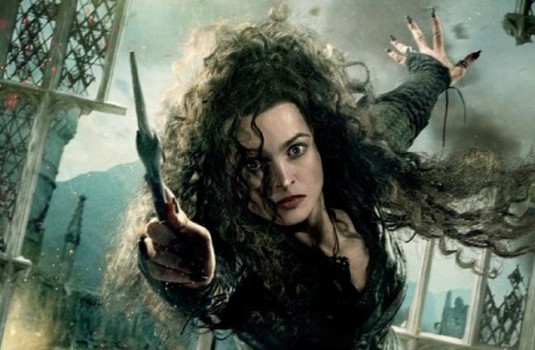Creating A Villian
Posted by SmartActors | Leave a comment
There’s one in almost every story and the actors who play villains best make the camera and the audience root for them. By the way, that’s how villains get to be the leading characters in stories—they make the camera and the audience root for them. Oddly, some actors don’t want to play villains because they only want to play the kinds of roles which entail deep emotional conflict. Clever actors understand that this is what earns the actor who is playing a villain an Academy Award. Here are a few other things clever actors understand about how to create cinematic villains.
 Villains love the sound of their own voices. What they do with their voices is often more unnerving than what they say with their words. They prefer controlled voices. They prefer textured voices. They like voices that can be soft and innocent one second and pure venom the next. They want voices that can seduce you or terrify you. They want their voices to be the ones you can’t get out of your head and they’re not afraid to speak so softly it feels like they’re lightly tapping on your brain. They want a voice that will chill the audience long after the audience has left the movie theater. To the villain, his or her voice is a musical weapon.
Villains love the sound of their own voices. What they do with their voices is often more unnerving than what they say with their words. They prefer controlled voices. They prefer textured voices. They like voices that can be soft and innocent one second and pure venom the next. They want voices that can seduce you or terrify you. They want their voices to be the ones you can’t get out of your head and they’re not afraid to speak so softly it feels like they’re lightly tapping on your brain. They want a voice that will chill the audience long after the audience has left the movie theater. To the villain, his or her voice is a musical weapon.
 Villains are always smiling on the inside even if they’re not smiling on the outside. Partly, this is because to the villain everything is a game, and partly, it’s because the villain enjoys being villainous. Clever actors might create a more interesting reason for why their villain is smiling on the inside—like a twisted sense of love or even a dark sense of hope. This, by the way, is why the camera becomes infatuated with a villain. The camera becomes infatuated because it senses the villain isn’t cut from the same emotional cloth as the rest of us.
Villains are always smiling on the inside even if they’re not smiling on the outside. Partly, this is because to the villain everything is a game, and partly, it’s because the villain enjoys being villainous. Clever actors might create a more interesting reason for why their villain is smiling on the inside—like a twisted sense of love or even a dark sense of hope. This, by the way, is why the camera becomes infatuated with a villain. The camera becomes infatuated because it senses the villain isn’t cut from the same emotional cloth as the rest of us.
 Villains are three steps ahead of everyone else in the room. In life, most of us are usually responding to the moment at hand. We may have a lot of other things on our minds but we’re usually responding to the moment at hand. The villain is responding to moments that, for the rest of us, haven’t even happened yet. Being three steps ahead means the villain easily and effortlessly outmaneuvers everyone else in the room. This is the source of the villain’s greatest power, and it is the villain’s most lethal weapon.
Villains are three steps ahead of everyone else in the room. In life, most of us are usually responding to the moment at hand. We may have a lot of other things on our minds but we’re usually responding to the moment at hand. The villain is responding to moments that, for the rest of us, haven’t even happened yet. Being three steps ahead means the villain easily and effortlessly outmaneuvers everyone else in the room. This is the source of the villain’s greatest power, and it is the villain’s most lethal weapon.
Oh, and the other thing about villains is they should feel effortless. If they don’t, they’ll never possess any real cinematic power.
Written By: John Swanbeck Via Backstage

